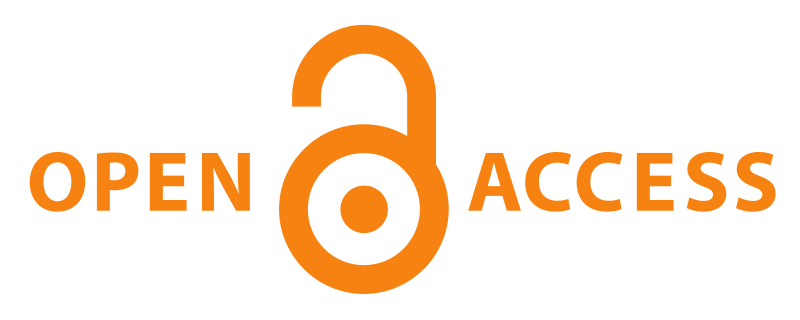Effectiveness of Initiatives to Minimize Blood Usage and Wastage at a Public Hospital Setting in Guyana
Abstract
Objectives: This is a cross-sectional descriptive follow-up study which analysed the pattern of blood usage and wastage after initiatives were taken following the initial study done in Guyana from 2012 to 2014. This study also assessed the healthcare personnel’s knowledge regarding blood transfusion.
Methods: A study was conducted concerning blood product usage and wastage using data from the laboratory blood bank information system in 2016–2018 in the public hospital. Information on knowledge, attitude, practices and administrative guidance of healthcare personnel was assessed using a self-administered questionnaire on different areas of transfusion medicine. Usage of blood products was calculated as a percentage, and wastage of blood products was calculated as the number of units wasted due to each reason divided by the total number of units wasted. The data were entered and analysed in SPSS 21.0.
Results: A total of 29,577 units of blood were issued by the National Blood Transfusion Service. Each year, a blood unit collection of 9,745 (32.9%), 9,765 (33.0%), 10,067 (34.0%) units, respectively, was recorded. Data indicated that 3,851 units (13.0%) of blood were wasted at the Georgetown Public Hospital Cooperation due to various reasons. Packed red blood cells were the most commonly used blood product that was issued (52.5%) and platelets (47.8%) were the most commonly wasted product. In comparison to the previous study, blood wastage decreased from 25.4% to 13.0% after implementing simple interventions. Results of examination of knowledge, attitude, practices and administrative guidelines of health personnel were not satisfactory.
Conclusion: Simple and relatively cheap interventions introduced following the previous study had a dramatic impact on reducing blood wastage in the public hospital in Guyana.




